
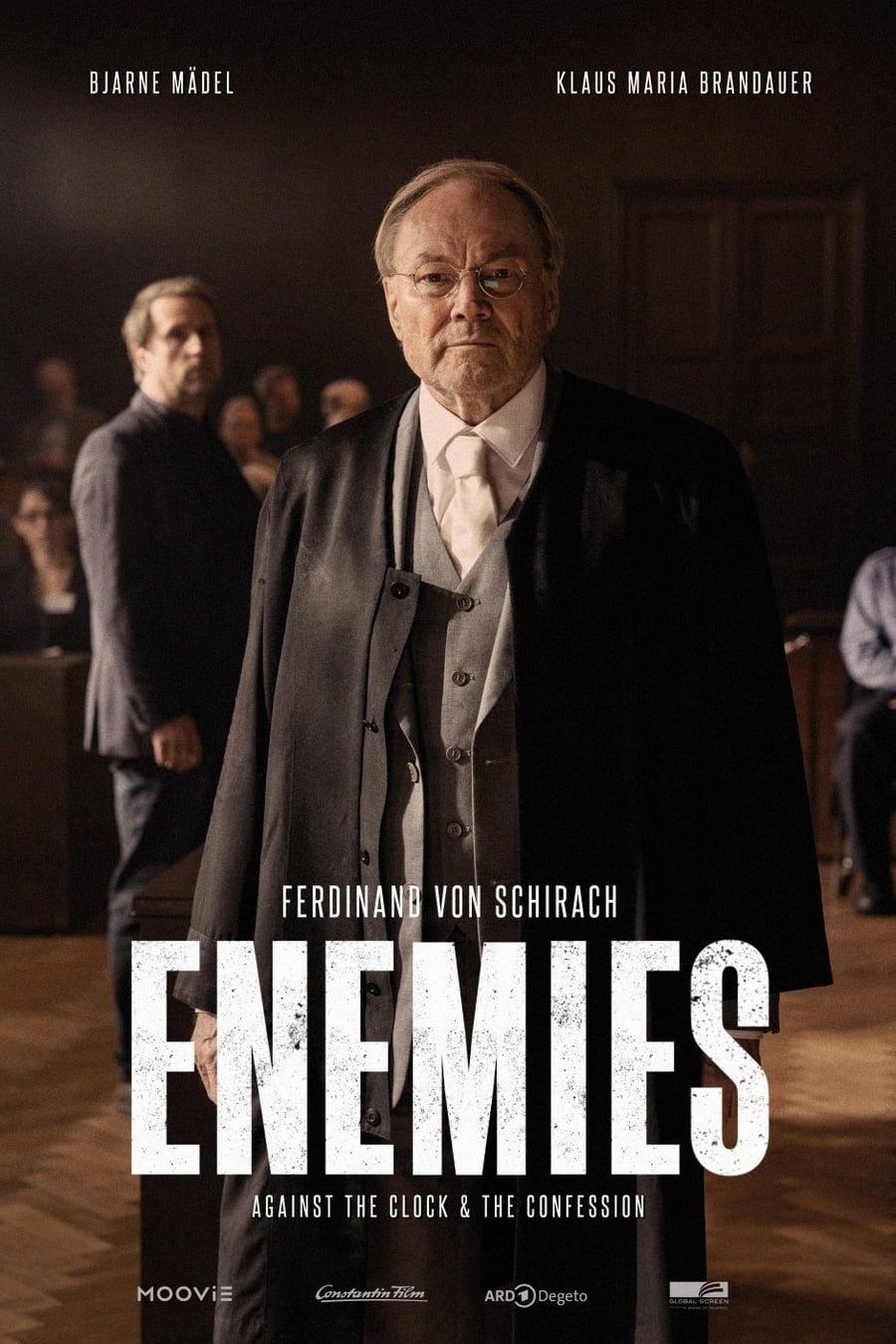
Veteran defense attorney Konrad Biegler accepts the defense of a man accused of kidnapping a young girl. At the trial he must face the tenacious police inspector Peter Nadler.
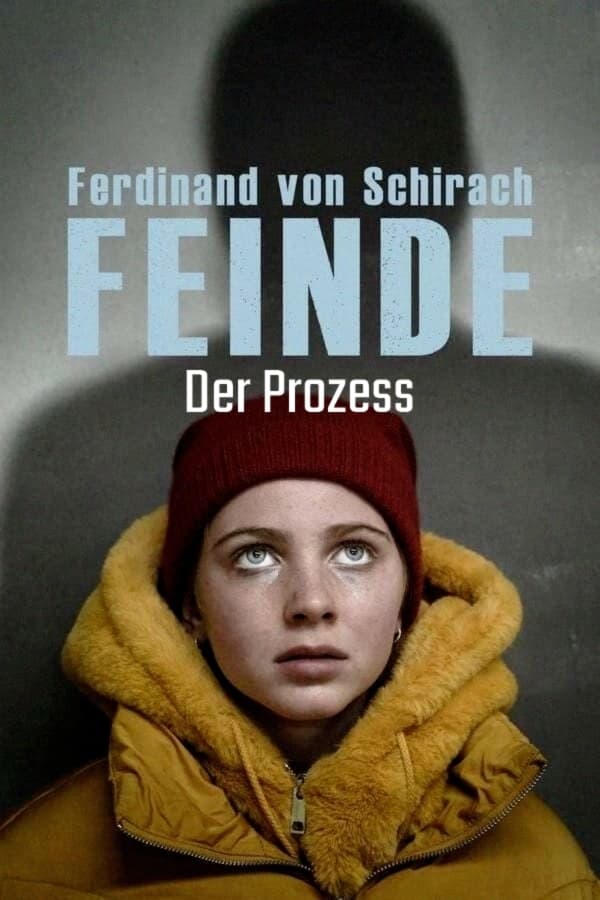
Veteran defense attorney Konrad Biegler and tenacious police inspector Peter Nadler face off in the trial of a man accused of kidnapping a young girl. (Abridged version of Enemies: Against the Clock and Enemies: The Confession, focusing on the ins and outs of the judicial process.)

This is a story set in the distant past, in the seventeenth century, during the Thirty Years’ War. In the city of Nordhausen, in the Harz Mountains, life is cheap, and the prevailing class divisions and interpersonal relations increasingly intense. The children are taken away from their parents by force, and when they return after many years, they seem to be strangers to them. Yet this is also a story set in modern times where people are still incapable of learning the lessons left for them by the previous generations of cruel divisions. The film is a cinematic experiment dealing with the beauty, fragility, and imperfection of human nature through archetypes and myths.
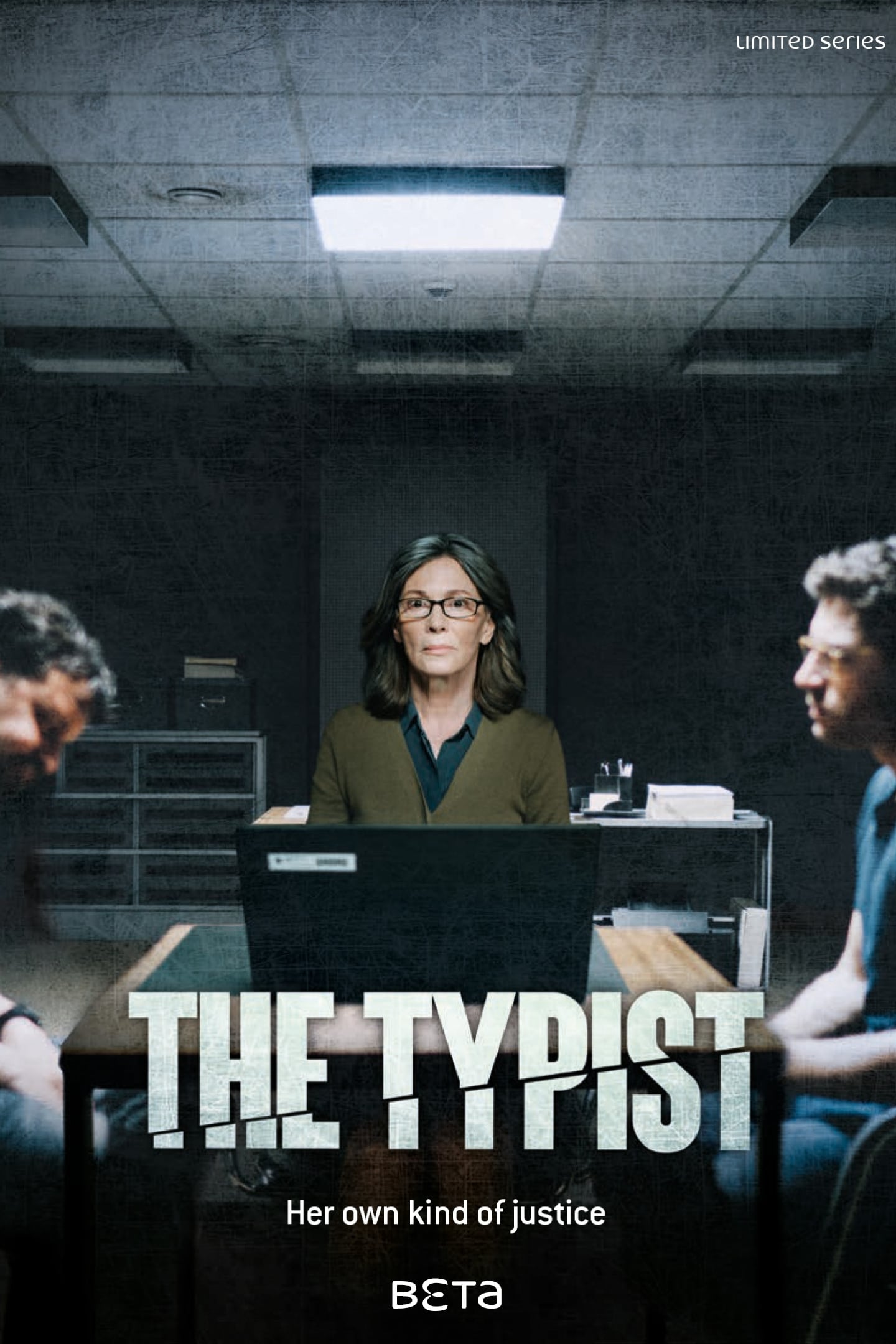
Freya Becker is a typist with the homicide division of the Berlin police. Freya’s daughter, Marie, disappeared 11 years ago without a trace, and Freya is determined to uncover the truth, whatever the cost.

Without warning a father comes to visit his daughter abroad. He believes that she lost her humor and therefore surprises her with a rampage of jokes.
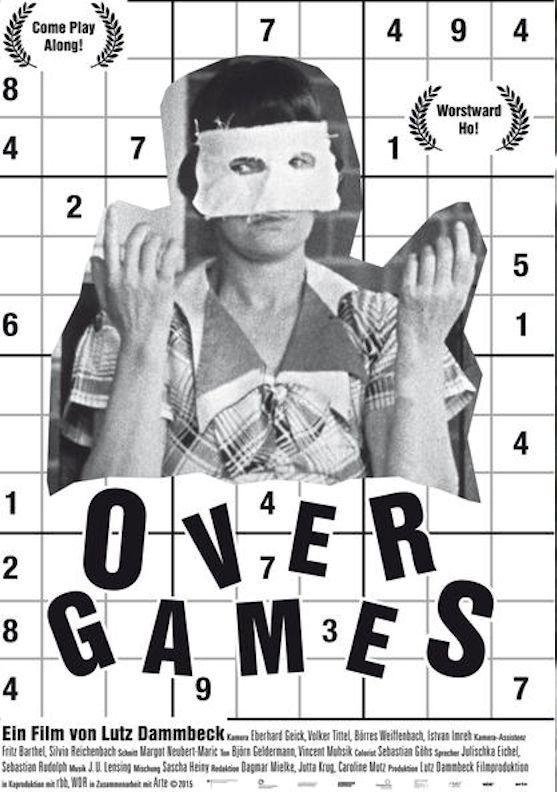
On a talkshow, actor and German TV ikon Joachim Fuchsberger recalls how the games for his show "Nur nicht nervös werden" (Don't Get Nervous), first broadcast on West German TV in 1960, were developed along the lines of American psychiatry. Asked "So how many crazy people watched you?", he responded: "A whole crazy, psychologically disturbed nation". Why were the Germans or to be more precise, the West Germans, a psychologically disturbed nation at that time? This is a film about cheerful and serious games, therapies for re-education and self-imposed re-education, as well as the history of the idea of permanent revolution. Those appearing include directors and producers of gameshows, psychiatrists, anthropologists, and the diversely paranoid.
In post WW2 Germany, Paul (11), is desperately awaiting his father’s return home. His mother, Eva, knows that the father will not return and tries to rebuild the family with her new love, Sam, an African-American G.I. stationed in Germany after the war.

A love triangle forms between post-Enlightenment writer Friedrich Schiller and two sisters -- one who became his wife, and the other, his biographer.
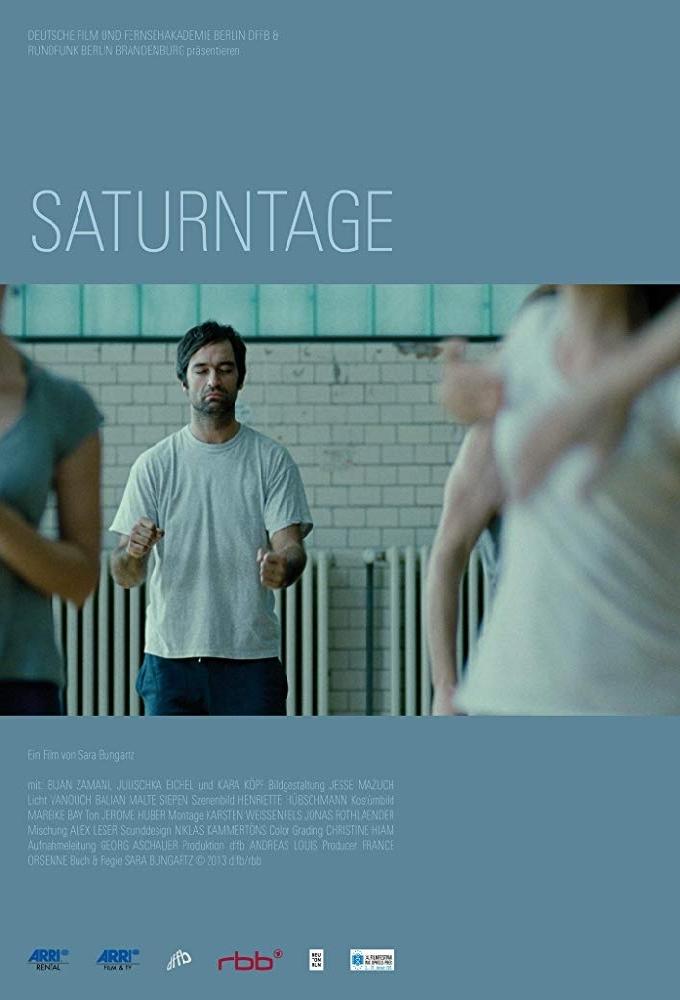
Thies lives in Berlin with his three-year-old daughter Ella and his girlfriend Isa. He has been suffering from depression for quite some time and has tried all kinds of treatments. When Isa is away for a few days for work and Thies has to look after his daughter, he is no longer able to fight his depression. He finally takes his daughter to his in-laws and faces up to his anxiety.

Eternal daydreamer Mel can't wait to quit her sucky catering job and fly to her dream destination: Portugal. Things change when the beautiful Jenny literally crashes into her life when Mel nearly runs her over in her classic BMW. It is love at first sight, however there is just one problem: Jenny mistakenly assumes Mel to be a boy. Despite this, the pair become boyfriend and girlfriend. With Mel attempting to disguise her true gender at every turn, her journey from tomboy to out lesbian is fraught with life-defining dilemmas and sweet surprises.
By browsing this website, you accept our cookies policy.